Raeisi’s OIC speech in line with Islamic Republic’s historic stance on Palestine
By Xavier Villar
Iran’s President Ebrahim Raiesi recently took part in the emergency meeting of the Organization of Islamic Cooperation (OIC) held in the Saudi capital Riyadh. The objective was to establish a common stance regarding the ongoing Israeli genocide in Palestine.
The summit, which brought together representatives from OIC’s 57 member states, assumed added significance by providing a forum for leaders of Muslim countries, despite the diverse political differences that exist among them.
In this regard, it is noteworthy to highlight the meeting between President Raiesi and Saudi Crown Prince, Mohammad bin Salman, marking the first high-level encounter between the two countries since the restoration of their diplomatic ties in March.
It is also relevant to highlight the meeting between President Raeisi and his Egyptian counterpart Abdel Fattah al-Sisi, bringing an end to 10 years of diplomatic hiatus between Iran and Egypt.
In the final statement, the leaders of the Muslim countries condemned the "Israeli aggression against the Gaza Strip and Zionist war crimes."
They also denounced the "barbaric, inhuman, and brutal massacres" perpetrated by the occupying regime against the Palestinian people, urging the United Nations Security Council to make "a decisive and binding decision" to end the carnage in Gaza.
Additionally, they called on the International Criminal Court (ICC) to investigate the war crimes and crimes against humanity committed by the Tel Aviv regime against the Palestinian population.
On his part, the Iranian president unequivocally condemned the genocide in Gaza and urged the international community to boycott the Zionist regime, which he referred to as the "illegitimate offspring of the United States."
From a political perspective, considering the public division between friends and foes, President Raeisi called for the OIC to become a true Ummatic organization that provides pragmatic political responses to the current situation in occupied Palestine.
This repoliticization of the OIC along ummatic lines implies its potential to articulate an autonomous Islamic identity capable of overcoming divisions created by the West between "good Muslims" and "bad Muslims," with the latter being represented in Western discourse by the Resistance Axis, a group of entities opposing Western political dominance in the Muslim world.
President Raeisi's call for action from other Islamic states to defend occupied Palestine highlights, on the one hand, the Ummatic will of the Islamic Republic and, on the other hand, the centrality of the Islamic Republic of Iran in this configuration.
These statements also underscore the internal division within the OCI itself, between countries that perceive resistance against Zionism as a struggle against a political paradigm based on domination and exclusion, and those that, despite condemning declarations, do not see the need to provide an Islamic response to the ongoing genocide in Palestine.
The centrality of Palestine to the Islamic Republic should not be overlooked. Fifteen years before the Islamic Revolution of 1979, Imam Khomeini had already placed Palestine at the core of his political concerns, seeing it as the most important issue for the Muslim world.
From his early days as a public and political figure, Imam Khomeini succeeded in institutionalizing the discourse on Palestine within the Islamic Revolution movement, criticizing the Pahlavi regime, which was allied with Israel and the United States.
This alliance was one of the fundamental reasons why Imam Khomeini opposed the Shah.
In this regard, it's essential to recall that Iran derives its political identity from Imam Khomeini's interpretation of Islam, considering it as the pursuit of truth and justice by all individuals.
He defined Islam as the ideology of those seeking freedom and independence. This overtly political interpretation of Islam is in conflict with what could be termed the apolitical vision of Islam.
As per Imam Khomeini's view, apolitical Islam was promoted by the "servants of imperialism" who, by eliminating the revolutionary potential of Islam, have reduced it to a mere religion.
Leader of the Islamic Revolution Ayatollah Seyyed Ali Khamenei has continued on the same path, championing the cause of Palestine and seeing it as the most critical issue for the Muslim ummah.
“The Islamic Ummah needs to know what the truth is. It needs to identify what is happening in the field. The war in Gaza isn’t a war between Gaza and Israel. It’s a war between falsehood and truth, a war between the Arrogant powers and faith,” he said in a speech recently.
The political weight of President Raeisi's words at the OIC summit lies in the necessity to continue ensuring the ontological security of the Islamic Republic.
This ontological security refers to the sense of order, safety, and internal continuity of the identity of a subject or agent in an environment of constant change, enabling and motivating political action and choices.
In other words, Iran positions itself as a guarantor of the political independence of the Ummah against Western imperialist domination. This explains the specific political identity of the country, as well as its relationship with Palestine.
A relationship that shapes the entire foreign policy of the Islamic Republic. Palestine stands as the most crucial signifier around which Iran formulates its entire regional policy.
Therefore, President Raeisi's words should be interpreted as an exercise in repoliticization, as previously noted.
It is aimed at shifting the epistemic frameworks of other Muslim countries, especially those who do not share Imam Khomeini's vision of Islam and consequently do not see the necessity of an Islamic identity as a crucial condition for the struggle against Zionist colonialism.
Xavier Villar is a Ph.D. in Islamic Studies and researcher based in Spain.
(The views expressed in this article do not necessarily reflect those of Press TV.)
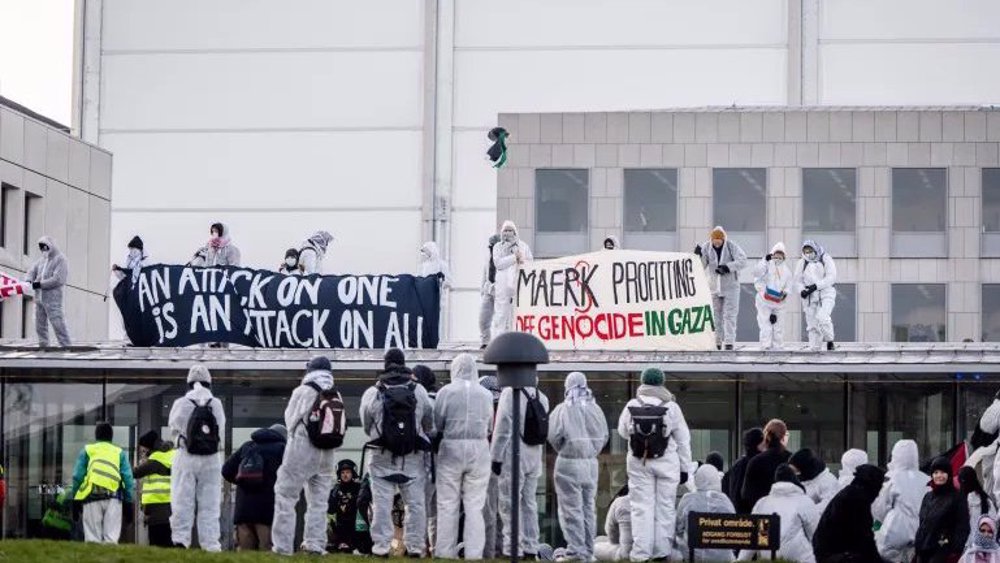
Danish police arrest 20 people protesting to stop military shipment to Israel
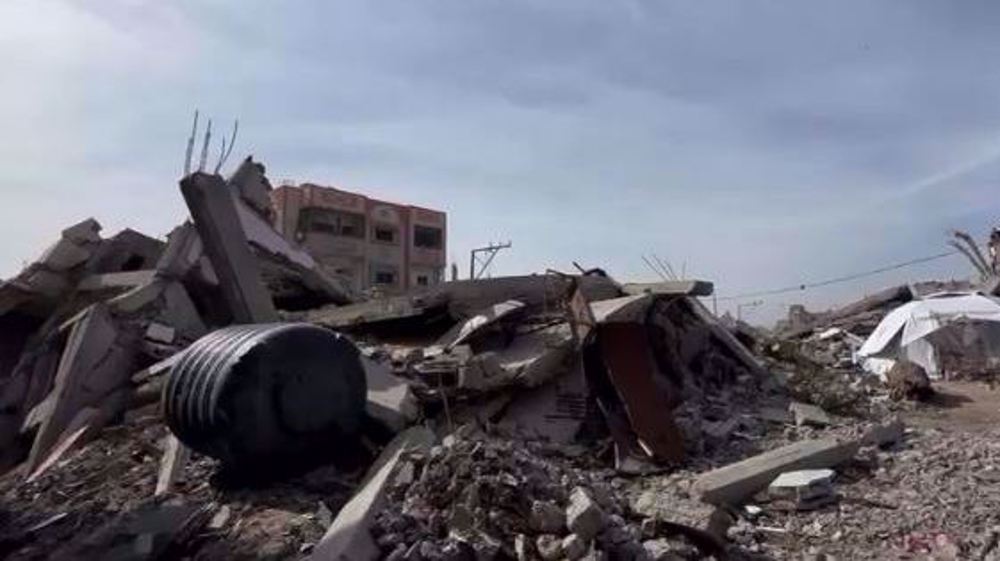
Shocking details of Israeli army’s massacre of 90 civilians from Juha family in Gaza
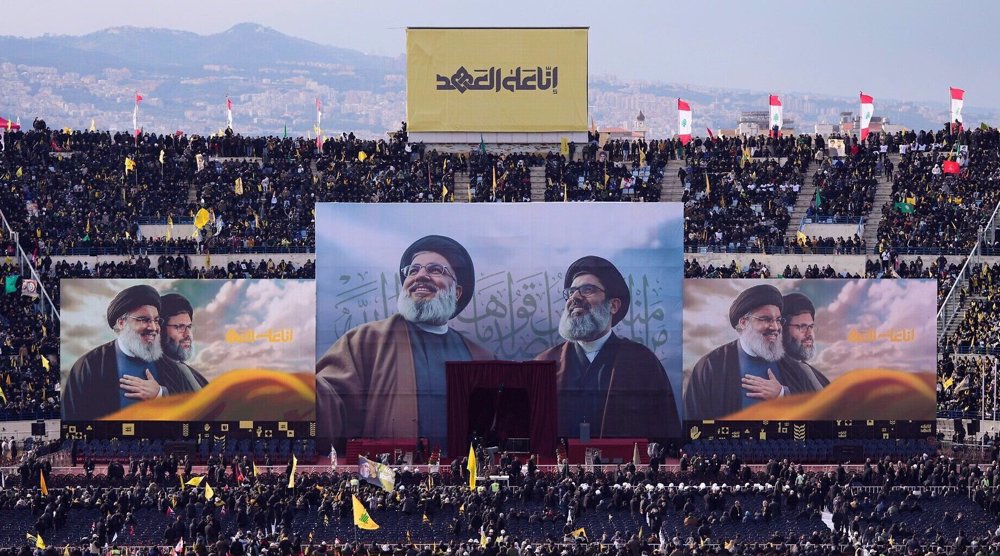
Nasrallah shattered myth of Israeli military’s invincibility: Top Yemeni official
Israel escalates West Bank raids as official says regime seeking to complete Gaza genocide
Australian senator smeared by anti-Iran groups for saying Iranian women 'have a voice'
Palestinian man dies in Israeli prison as Foreign Ministry urges intl. probe into regime’s crimes
Putin says not opposed to Europeans’ involvement in Ukraine talks
VIDEO | Iranian Kurdish protesters demand European action against PKK, PJAK terror
VIDEO | Israel expands offensive in northern West Bank, deploys tanks to Jenin
VIDEO | Spaniards fill streets of Cádiz in solidarity with Palestine
VIDEO | ‘Genocidal war left al-Shati camp in ruins’


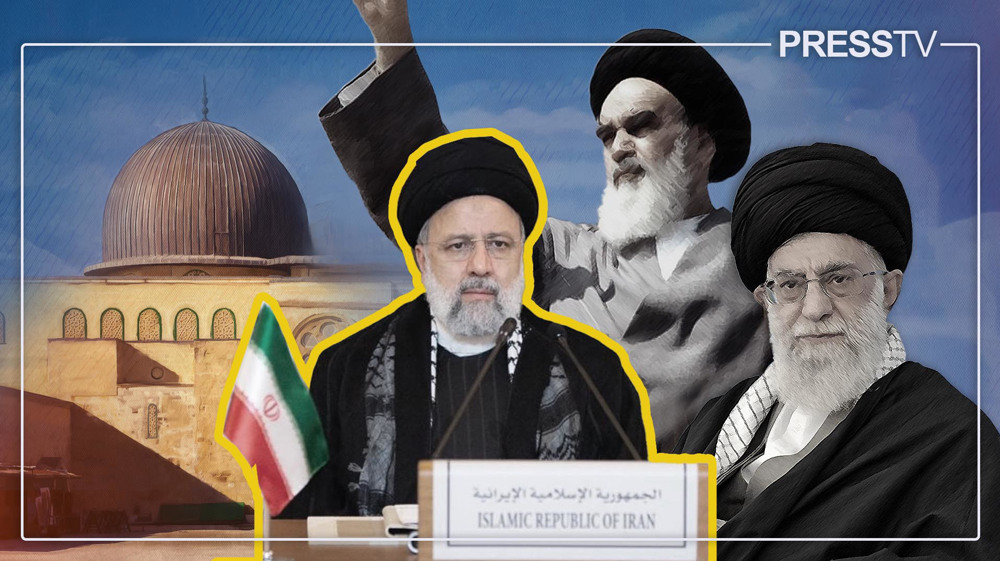
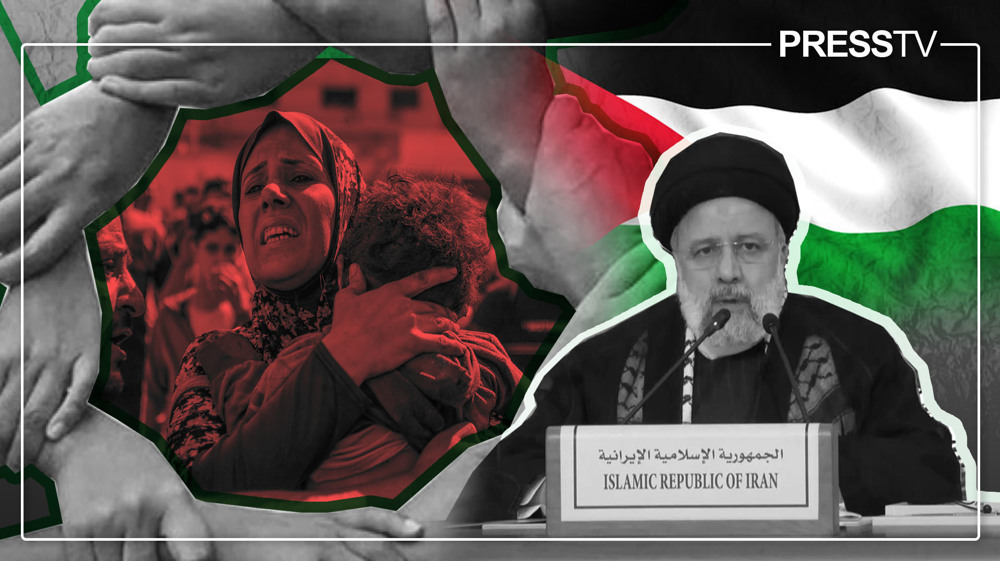
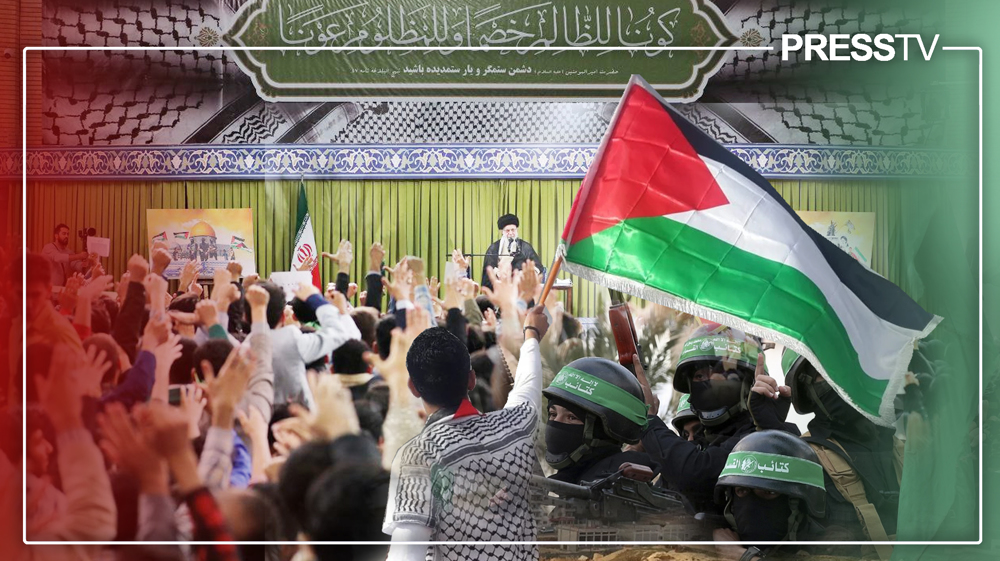



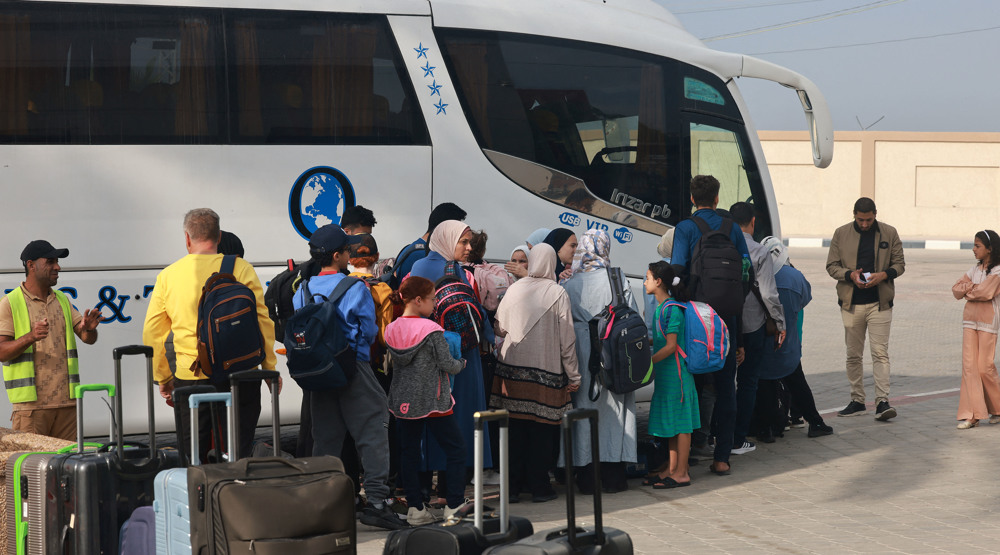
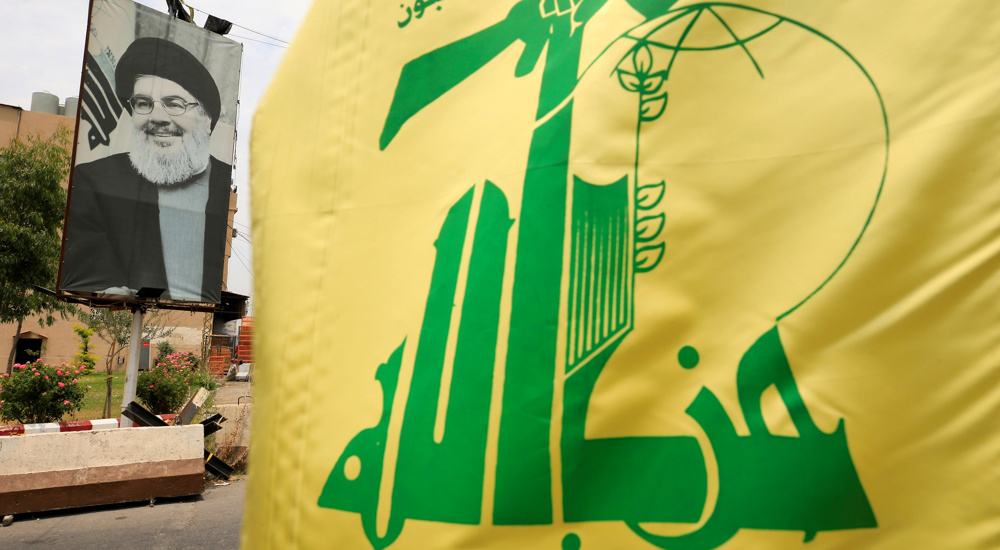
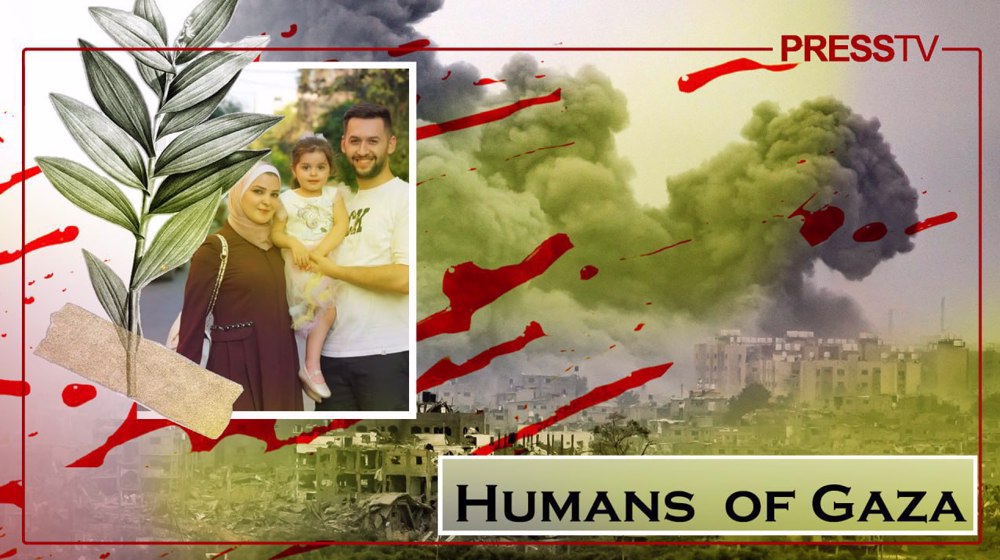


 This makes it easy to access the Press TV website
This makes it easy to access the Press TV website